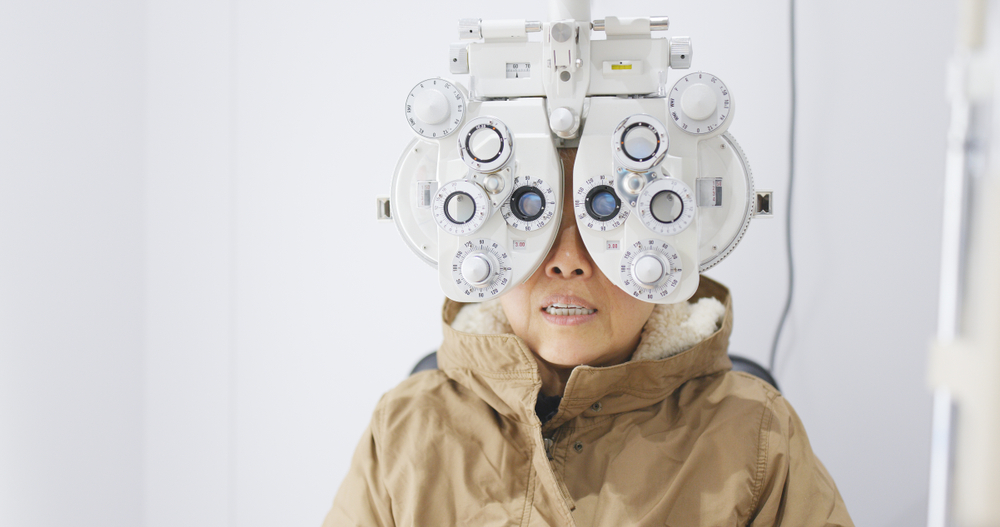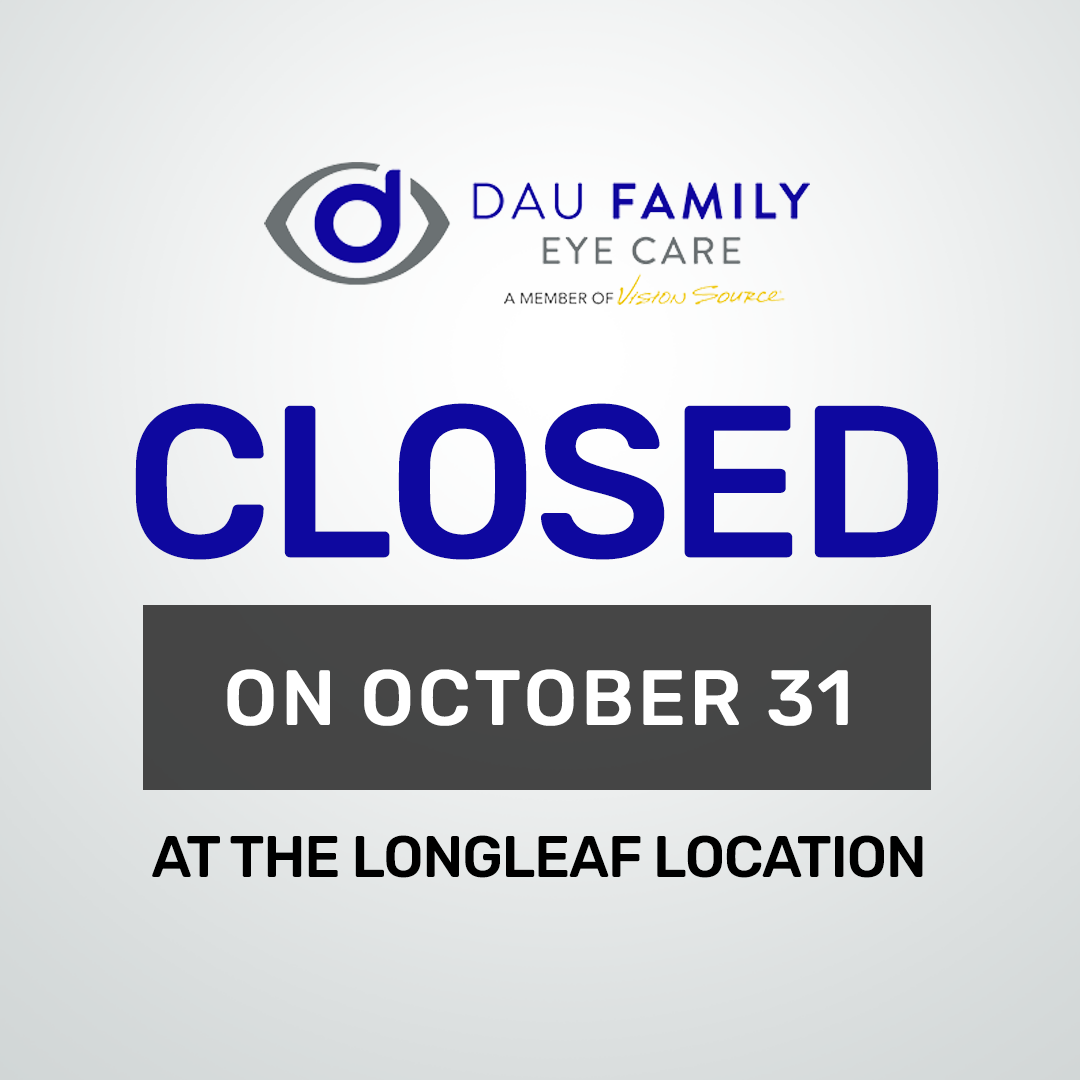
How Does Neurovisual Medicine (NVM) Differ from Traditional Vision Care?
When most people think of vision care, they imagine a routine eye exam to check for clarity, glasses, or contact lenses. But for some, vision issues extend beyond blurry eyesight. If you experience persistent headaches, dizziness, balance problems, or eye strain even with 20/20 vision, you might be dealing with something more complex. Neurovisual Medicine (NVM) offers a specialized approach that addresses these often overlooked symptoms by focusing on how your eyes work together, not just how well they see.
Understanding Neurovisual Medicine
Neurovisual Medicine is a subspecialty within optometry that focuses on identifying and treating conditions like Binocular Vision Dysfunction (BVD). BVD occurs when the eyes are slightly misaligned, causing the brain to struggle to create a single, clear image. Even the slightest misalignment can lead to significant discomfort and symptoms that often go undiagnosed or misdiagnosed.
NVM goes beyond the standard visual acuity test. While traditional vision care typically evaluates how clearly each eye sees and checks for common eye diseases, Neurovisual Optometry evaluates how well your eyes work together as a team and how efficiently your visual system communicates with your brain.
Treating Binocular Vision Dysfunction
Traditional optometry often assesses visual clarity and eye health, but may not fully evaluate the subtle misalignments that cause BVD. Neurovisual Medicine uses advanced diagnostic tools to measure eye alignment and coordination, looking for minute discrepancies that affect depth perception, balance, and overall comfort.
Many individuals suffering from BVD have seen multiple specialists and undergone various tests without receiving a definitive diagnosis. Neurovisual optometry offers a new perspective, targeting visual dysfunction that might be the root cause of symptoms such as:
• Chronic headaches or migraines
• Dizziness or balance issues
• Anxiety in crowded or visually busy environments
• Trouble with night driving or reading
Customized Microprism Lenses
For those diagnosed with BVD, optometrists often prescribe specialized microprism lenses, such as Neurolens. These lenses are finely tuned to realign the visual system, allowing the brain to process visual information with greater ease. Patients frequently notice immediate relief from symptoms like headaches, double vision, neck stiffness, and motion sensitivity.
Who Should Consider Neurovisual Medicine?
If you’ve experienced unresolved symptoms despite normal eye exams, or have been diagnosed with conditions like post-concussion syndrome, vestibular disorders, or unexplained migraines, Neurovisual medicine may provide the clarity and relief you’ve been searching for.
Experience the Difference with Neurovisual Medicine at Dau Family Eye Care
Neurovisual Medicine can reveal underlying visual misalignments that impact your daily life. We specialize in identifying and treating Binocular Vision Dysfunction with advanced diagnostic tools and customized lens solutions like Neurolens.
If you suspect that your visual discomfort may be related to Binocular Vision Dysfunction, contact Dau Family Eye Care to schedule a consultation and take the first step toward lasting relief and clearer, more comfortable vision. Visit our office in St. John’s, Florida, or call (904) 713-2020 to book an appointment today.





